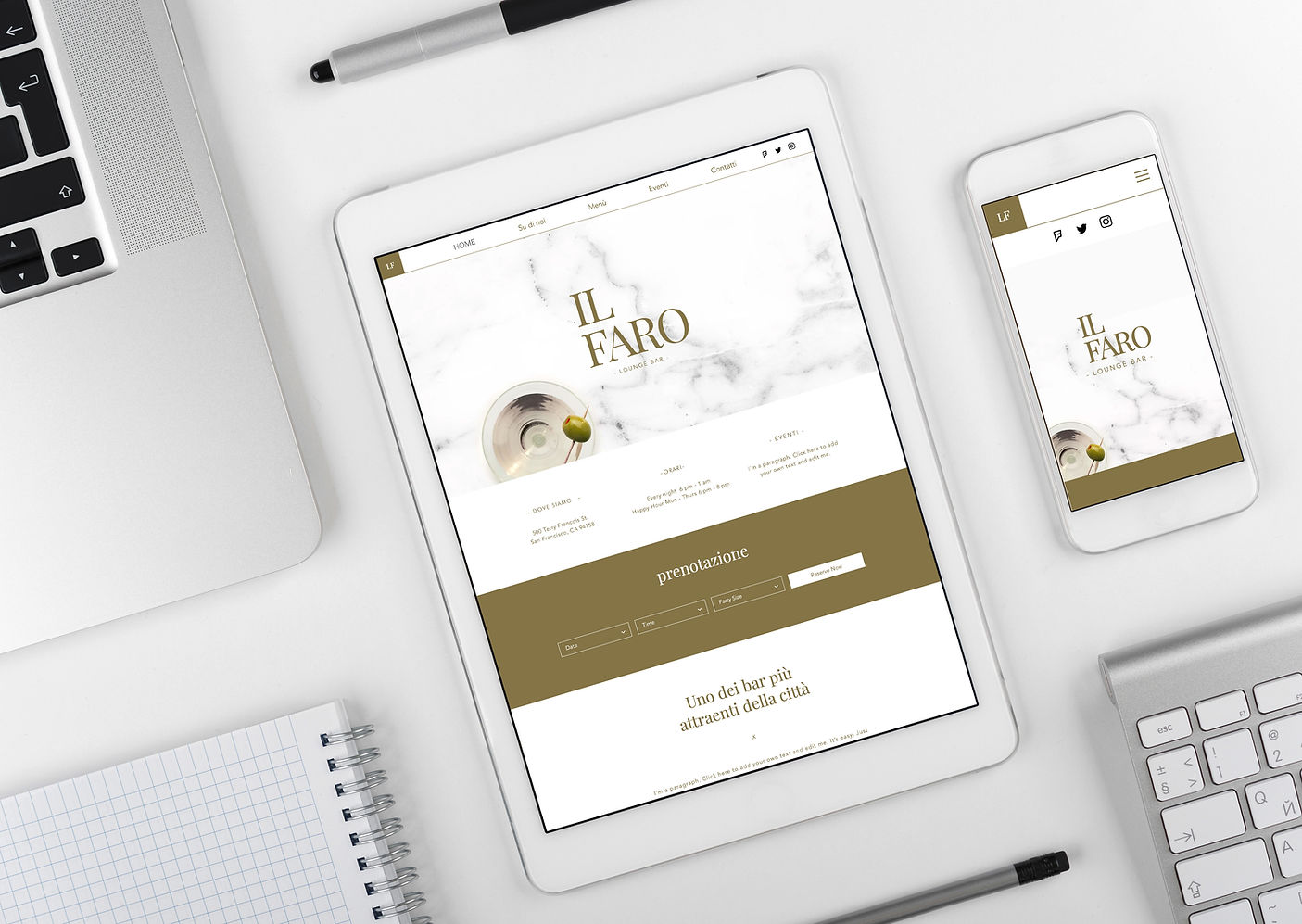
What are the different social media platforms and which one is suitable for you?
Social media is ubiquitous nowadays. We have companies that use social media advertisements in radio commercials, commercials billboards, websites as well as on cell phones as well as other devices on mobiles. We can see logos for Facebook, Twitter, and Flickr on the end of hundreds of websites. We are asked to subscribe to blogs, become followers or friends, share and interact with each other in numerous ways, but how does this social media actually benefiting us, and are the companies using these platforms seeing measurable effects?
Because the number of kinds of social media platforms and the array of advantages and disadvantages to using them can be overwhelming We've chosen to select some of the ones we consider to be the most beneficial and outline some of their pros and cons from a business perspective viewpoint. It is important to understand that not all businesses should invest their funds or time on social media sites. Before you begin your social media marketing campaign, it is important to determine your goals. After that, you can narrow down the type of social media platform you'd like to integrate into your SEO strategy by weighing the possible profit and expenses of every platform.
Blogs The reason we begin here is that blogs are frequently regarded as the "base" of any social media strategy. Blogs are a fantastic method to create a sense of personality and increase industry perception. They also educate people by demonstrating your market expertise, creating an emotional investment in your company, generating the brand's reputation and informing others. Blogs can be connected to other social media platforms. It is possible to have your Facebook or Twitter posts live on your blog.
Blogs come with a drawback. They should be just as real to the readers as they are to their customers. If you place too the emphasis on your personal expertise and not on theirs the people will be able to tell if you're faking it. They also know whether you are actively involved in the blog. As such blogs must be frequently updated however this may be challenging in terms of time. When you make the decision to create an online blog for your business the following factors should be considered.
Facebook- Facebook is one of the most popular and well-known social media sites. Although trends come and go, Facebook should be the second social media device that is used in conjunction with blogging due to the fact that it boosts brand awareness to the next level , making your logo prominent and allowing users to easily share news about your business to all of their "friends". Your fans will be reminded often of you by your status updates, news updates, or other interactions. Additionally, Facebook provides an analytics tool that allows companies to view weekly reports detailing new fans as well as the number of interactions and the kinds of actions performed on their pages. Additionally, Facebook allows for the creation of custom tabs where you can connect other platforms, such as Twitter or blogs to your Facebook profile.
Facebook's downside is the time it takes to maintain a company page. But this is far less than Twitter.
Twitter- It takes lots of energy and time to run the Twitter account. With 27.3 million tweets a day and counting people who are discussing your company or product or those who need to know about your business is a daunting task, to say the least. To optimize optimization and other aspects, it's crucial to be aware of numerous factors, like the necessity of quick responses or "retweets" as well as maintaining a good "follower-to-follower" ratio, and the need to quickly reply.
Twitter users can utilize applications like TweetDeck to monitor tweets and schedule tweets for distribution. Twitter is an innovative and relevant way to engage with customers, however the tool is only suitable for certain industries, in some instances, and must be maintained regularly by having a well-planned plan in place to be successful.
YouTube YouTube YouTube is an online social media site. It is the second most popular search engine, after Google. Yes, we did say "search engine". YouTube is utilized this way predominantly by younger users who do not have enough money to become customers. With a growing trend, this large, companies should not be quick to ignore a branding or informational instrument like YouTube particularly when the average time spent on the YouTube is around 23 minutes. A YouTube presence could bring businesses large audiences and the ability to apply keywords in videos to boost the chances of getting found when those terms are searched. As with all social media platforms, there are many variables that could affect this. But, if you have already created video content for your blog or website it's easy to create an official YouTube channel. YouTube's limited resources allow it to reach a wider viewers.
Like all social media platforms that are popular today, it could not be the best tomorrow. To increase brand awareness and keep a good reputation online and offline businesses must be able to decide where to invest their time and resources. This conservative and well-thought-out approach can help companies prepare for the next phase of social media platforms, or whatever becomes the "next biggest thing". Search engine marketing companies and their customers must take into account these elements when making choices about how and when to continue their marketing efforts.

